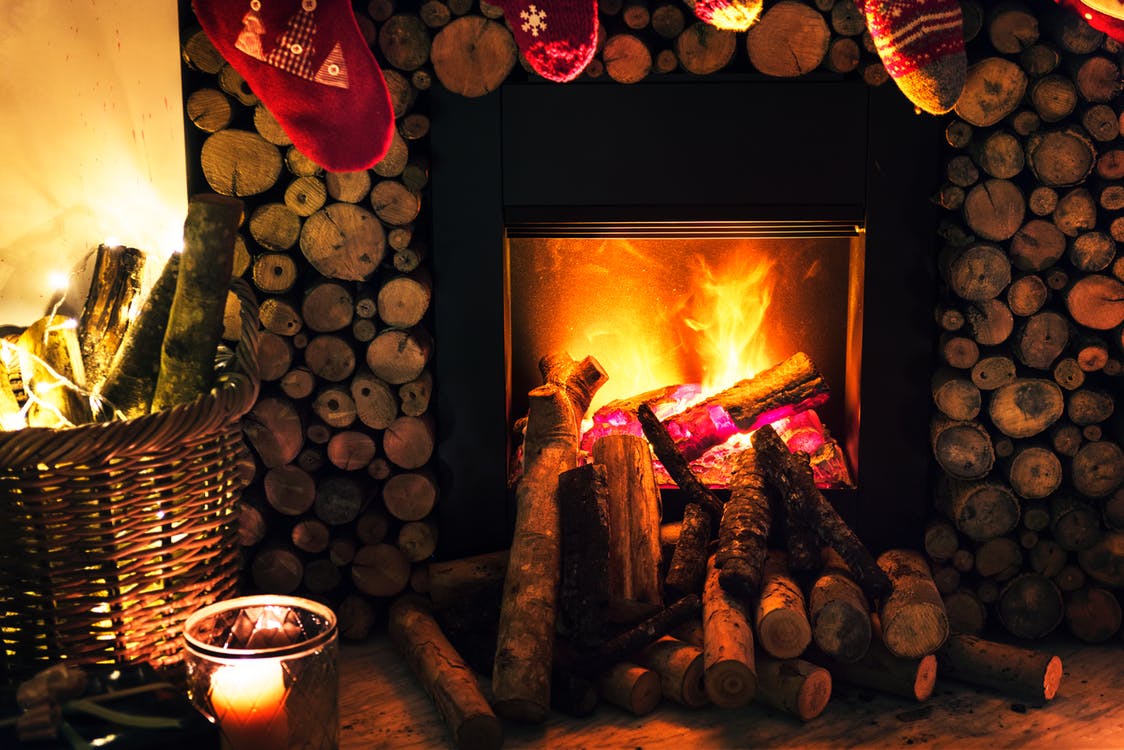This is how different parts of the UK will be keeping warm this winter
The stereotypical image of ‘southern softies’ could soon be a thing of the past – after a study found northerners jack up the heating long before southerners do.
Despite there being just a two degree difference between the north and south of the UK at the moment, those living south of London will simply don another layer to keep warm while Geordies and Scots will reach for the thermostat instead.
Three quarters of hardy southerners think you should put a jumper on before reaching for the heating compared to just 69 per cent of those in Scotland.
A third of Newcastle residents even say they don’t need to wear a jumper when they can simply whack up the heating.
But just one in five of those in the south east and south west say the same.
It also emerged more than one third of northerners put the heating on in September, compared to just a fifth of those in London.
One in ten who live in the south west and south east have held out until this month before warming up the radiators.
The research was commissioned by Boxt (www.boxt.co.uk), a quick and easy online boiler provider, to reveal the regional differences when it putting the heating on.
Alan Dickinson, a Director at Boxt said: “The research has given us an interesting insight into the heating habits of the nation.
“Where the stereotype paints Northerners as resilient through the cold, Southerners are giving them a run for their money.”
The study, of 2,000 adults conducted via OnePoll.com, also found regional divides between how high Brits should set their thermostat.
Those in Scotland and the north west believe the temperature in the home is ‘just right’ at 21 degrees, a whole degree above the national average.
And more than one in twenty in the north west will happily heat their home to 23 degrees.
But hardy south west residents keep their thermostat set at just 20 degrees.
It also emerged that while the majority of the nation are more likely to put the heating on a timer to keep their home at the right temperature, those in the Midlands prefer to crank up the heating in short bursts.
And Londoners will adjust the temperature more than any other region, making heating amends as many as four times a day.
Researchers also found couples disagree over the temperature of the home, with 45 per cent admitting to rowing over the heating.
And more than half say the arguments are usually based on a difference in opinion on whether the house is already too hot.
One sixth also confess to secretly turning the thermostat up in their partner or housemate’s absence before putting it back to normal on their return.
Women are also more likely to simply put on a jumper to keep warm, with 72 per cent layering up when they feel cold compared to just 55 per cent of men.
Those in the East Midlands are the most likely to encourage their partner to put a jumper on, with their biggest concern being cost as opposed to environmental impact.
In fact, just one in five Brits are concerned about the impact heating has on the environment compared to 59 per cent more worried about saving money.
Alan Dickinson, of Boxt added: “We’re seeing a huge volume of customers getting in contact with us at this time year about broken boilers.
“Temperatures are starting to drop, so it’s really important that homeowners make sure that their boiler is in proper working condition otherwise they could be caught out with freezing water first thing in the morning!”
Top 15 preferred ways to keep warm in the home:
1. Put the heating on
2. Keep the windows closed
3. Wear a jumper/extra layers around the house
4. Close all the doors
5. Use a winter duvet
6. Keep curtains/blinds closed
7. Snuggle up under a blanket while watching TV
8. Leave the oven door open after you’ve finished cooking
9. Use draft excluders
10. Use a hot water bottle or similar
11. Put the fire on
12. Seal any drafts such as on the loft hatch
13. Use a heat reflector behind the radiators
14. Check and then replace or fix door and window seals
15. Block the chimney when the fire’s not in use

